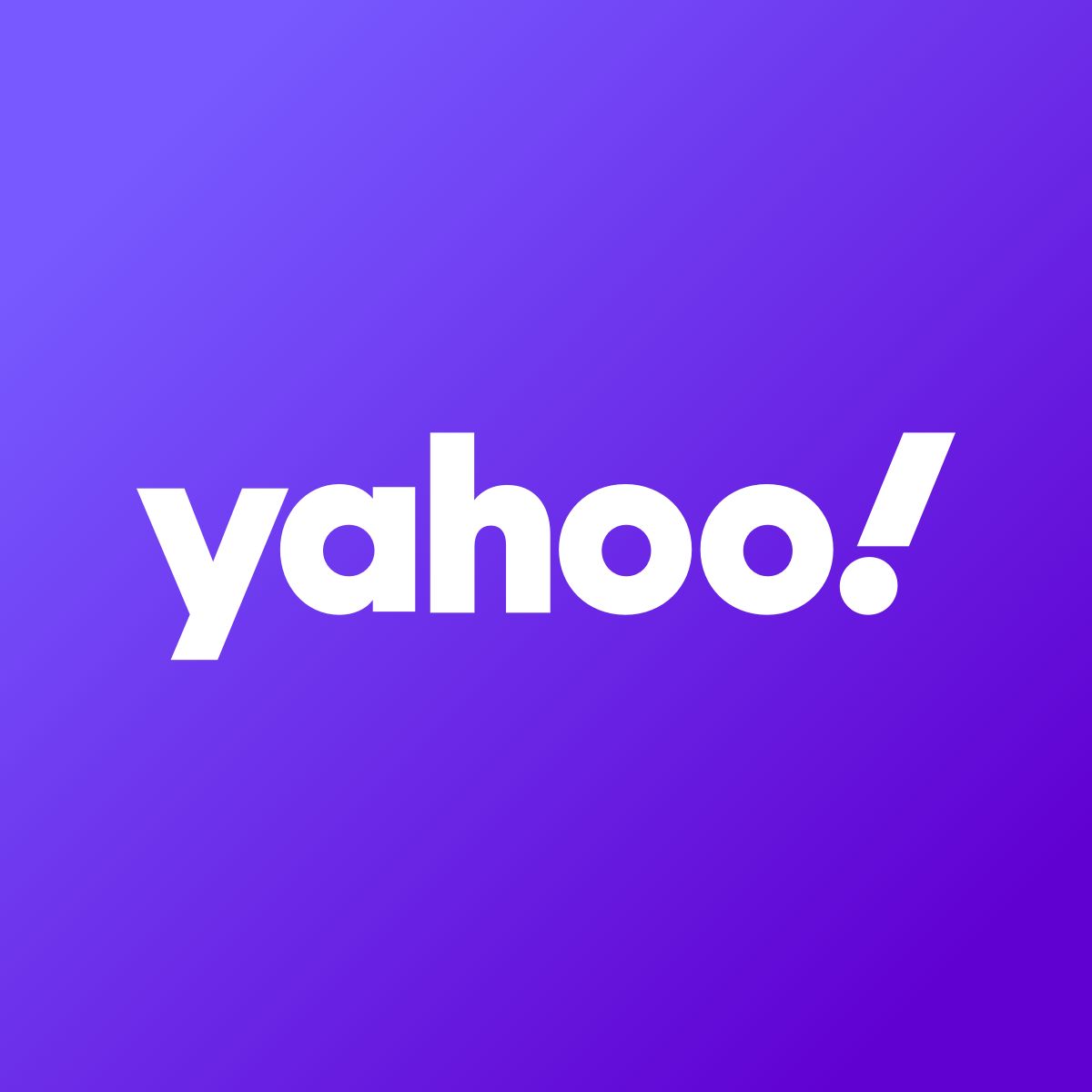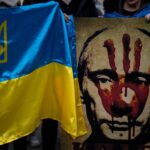
Vladimir Putin’s war against the free, democratic nation of Ukraine should be a moment when Americans push pause on partisanship and unite around the necessity of standing firm against Russian aggression.
Yet, even as missiles rain on Ukrainian cities, Republican leaders continue to use this still escalating international crisis as an opportunity to score political points by slamming America’s commander in chief as weak.
No political leader, and certainly no president, is above criticism. But timing and tone matter in a crisis, and the outbreak of a major war in Europe, which in the last century spawned the two bloodiest conflicts in human history, should be a time for pulling together as Americans and expressing support for, if not agreement with, a president who must lead the free world’s response to a murderous thug’s deadly maneuvers.
Opinions in your inbox: Get a digest of our takes on current events every day
The once-honored principle that “politics stops at the water’s edge” might seem outdated in a world of Twitter rants and me-first politics, but a brief review of modern American history shows why the concept remains relevant and important.
After the end of World War II, the United States and its allies faced an existential threat from the Soviet Union as the Cold War escalated and nuclear stockpiles grew powerful enough on both sides to push humanity to extinction.
Recognizing that threat, Sen. Arthur Vandenberg, a Republican from Michigan who embraced isolationism before the war, aligned himself with President Harry Truman, a Democrat who championed American-led international initiatives. As chairman of the Senate Foreign Relations Committee, Vandenberg worked closely with Truman to secure bipartisan support for creation of NATO and adoption of the Marshall Plan to rebuild war-devastated European nations.
The sanctions that might work: Tough oil sanctions would crush Russia and Putin, but Biden and Europe can’t use them
NATO became America’s first mutual defense treaty since its alliance with France during the American Revolution. And that treaty has served this country and our allies remarkably well in the seven decades since it was created in direct response to the Soviet threat.
Now, the world is faced again with a despotic Russian dictator bent on rebuilding the Soviet empire, and who threatens to drive Europe into a new era of bloody conflicts that destabilize not only the continent but also much of the world.
“Putin is the aggressor. Putin chose this war,” President Joe Biden said Thursday afternoon, in announcing a new set of sanctions that target Russia’s financial, energy and tech sectors.
‘The Russian military is coming closer’: What life is like in Ukraine as Russia invades
Whether these new sanctions are strong enough and whether sanctions by themselves, no matter how strong, will work to deter Putin are subjects open to fair and necessary debate. The path out of this dark forest is not yet clear.
Nonetheless, we do know that the United States and its allies must remain united to resist, in Biden’s words, Putin’s “sinister vision for the future of our world.”
So, too, Americans must stand united, even as stock markets drop and gas prices rise at home. These aren’t the days for domestic political attacks. They are a time for bipartisan unity and national resolve.
As Arthur Vandenberg and Harry Truman, a Republican and a Democrat, understood more than a quarter-century ago, the world beyond America’s shores is a dangerous place. We must stand together in the face of those dangers to defend America’s security and interests.
USA TODAY’s editorial opinions are decided by its Editorial Board, separate from the news staff and the USA TODAY Network. Most editorials are coupled with an Opposing View, a unique USA TODAY feature.
To read more editorials, go to the Opinion front page or sign up for the daily Opinion email newsletter. To respond to this editorial, submit a comment to letters@usatoday.com.
This article originally appeared on USA TODAY: Americans must stand with resolve against Russian aggression




